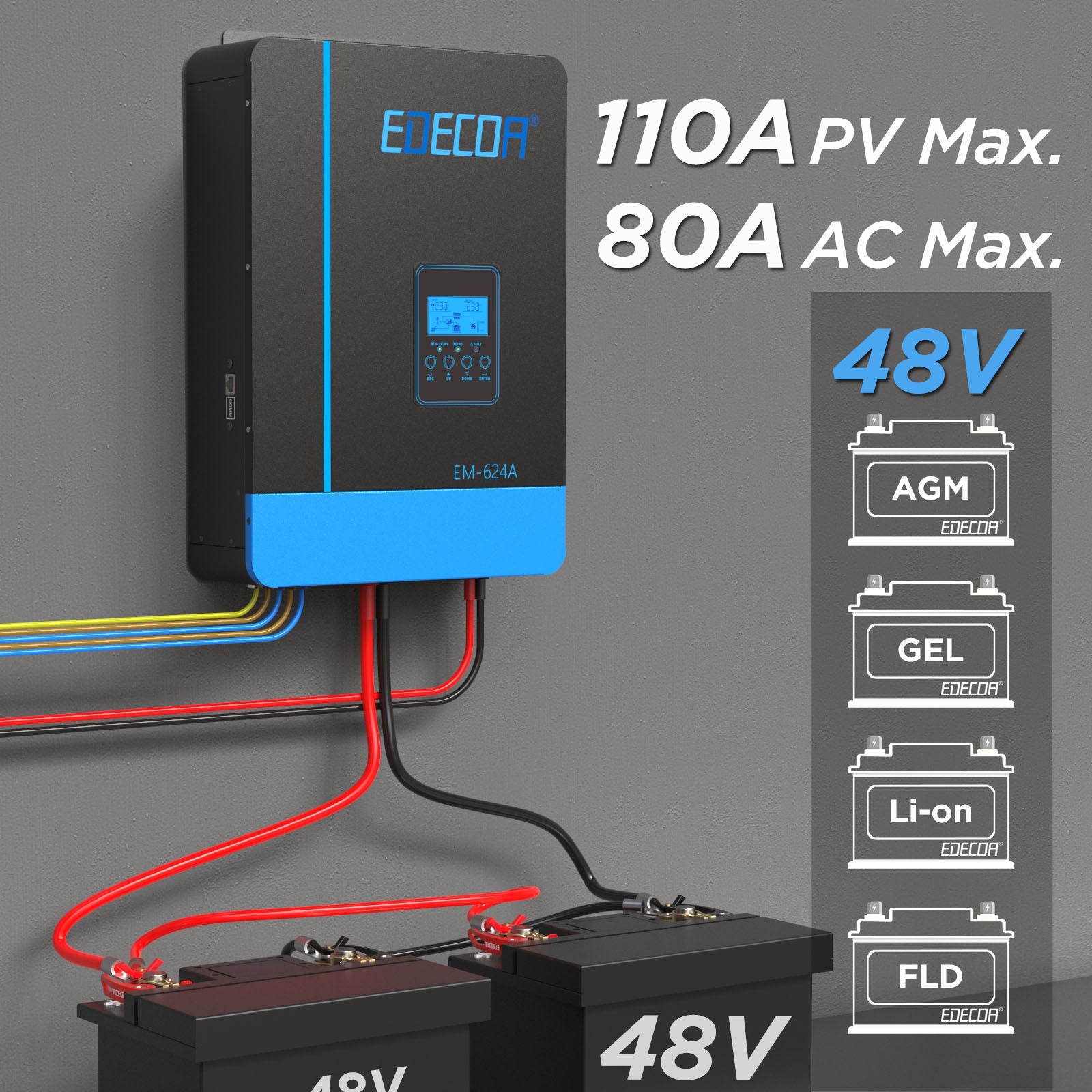What is a Battery Management System (BMS)?

A Battery Management System (BMS) is a critical component used for monitoring, controlling, and protecting batteries. It ensures the safe operation and maximizes the performance of batteries by continuously monitoring parameters such as battery state, temperature, voltage, and current.
In solar energy systems, the role of a Battery Management System includes:
- Solar panel charging control: The BMS monitors the output power and charging status of solar panels. Based on the battery's charging requirements and system load, it controls the solar panel charging process. This ensures optimal conversion of solar energy into electrical energy and stores it in the battery.
- Battery status monitoring and protection: The BMS continuously monitors real-time parameters of the battery such as voltage, temperature, and capacity to understand its operational status and health condition. It detects and prevents issues like overcharging, over-discharging, overcurrent, short circuits, etc., thereby protecting the battery from damage or safety risks.
- Charge and discharge control optimization: The BMS controls the charge and discharge processes of the battery based on system requirements and battery characteristics to meet user energy demands. It optimizes charge and discharge strategies considering factors like load conditions and remaining capacity to improve energy utilization efficiency and extend battery life.
- Fault diagnosis and warning: The BMS continuously monitors various parameters of the battery in real-time and records historical data. By analyzing this data, it can detect abnormal behavior or faults in the battery promptly and provide corresponding diagnostics and repairs. The BMS also offers fault warning capabilities to notify users or maintenance personnel about potential issues so that appropriate actions can be taken.
By effectively managing and protecting batteries, a BMS enhances system performance, reliability, lifespan while maximizing the utilization of solar energy resources.
The following factors need to be considered when choosing a suitable BMS for a battery:
- Battery type: Determine the type of battery being used (e.g., lead-acid, lithium-ion) and ensure that the selected BMS is compatible with that battery type.
- Battery capacity and rated current: Select a BMS that can support the corresponding capacity and current rating of the battery. Ensure that the BMS has sufficient power and processing capabilities to meet the requirements of the battery system.
- Inverter compatibility: Ensure that the selected BMS is compatible with the hybrid inverter and can communicate and control it effectively. This enables better system integration and coordination.
- Communication interface: If there is a need for communication or integration with other systems, ensure that the selected BMS has appropriate communication interfaces (e.g., CAN bus, Modbus) for data transmission and control.


Share:
Do solar panels pollute the environment?
Ampere-Hour: The Relationship between Battery Capacity and Usage Time